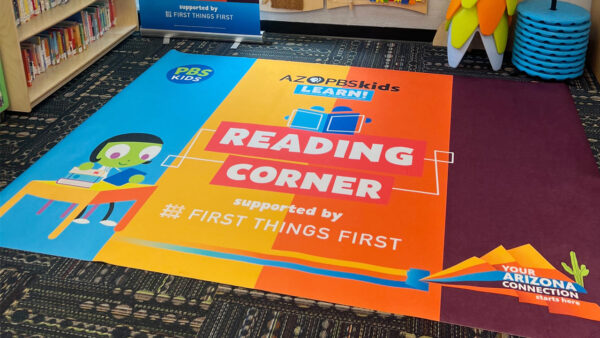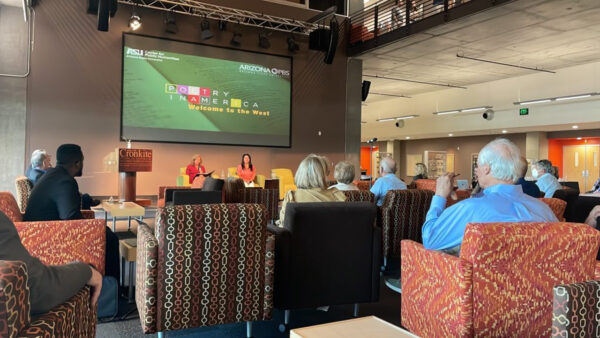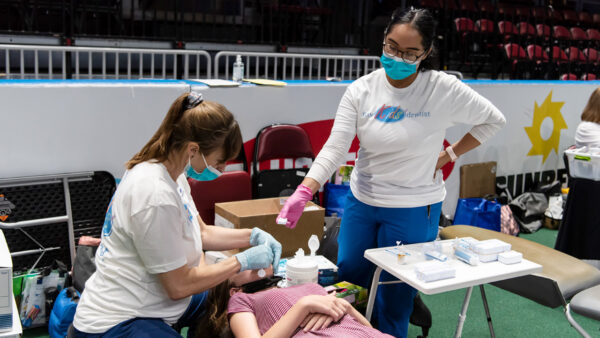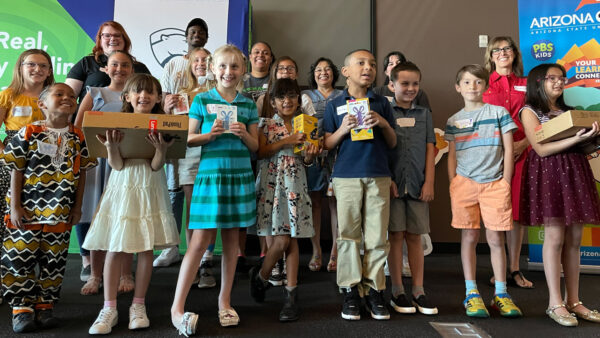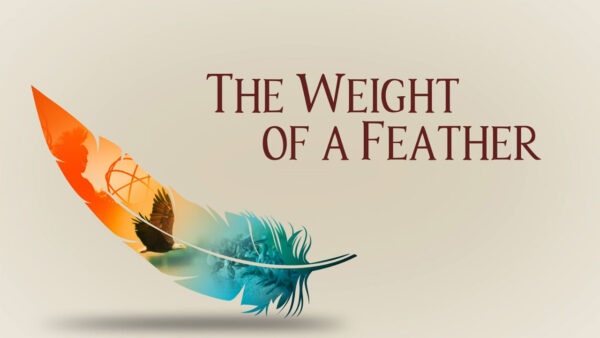Frontline “Post Mortem”
Jan. 31, 2012
Frontline, ProPublica and NPR
Examine Death Investigation in America
Popular television shows portray death investigators as high-tech sleuths wielding the most sophisticated tools of 21st-century science. An unprecedented collaborative investigation by Frontline, ProPublica and NPR found a very different reality: A dysfunctional system in which there are few standards, little oversight, and the mistakes are literally buried. In state after state, reporters found autopsies—our final physical exam—conducted by doctors who lacked certification and training. An increasing number of the 2.5 million Americans who die each year go to the grave without being examined at all. Frontline “Post Mortem” airs Tuesday, January 31, 2012 at 9 p.m. on Eight, Arizona PBS.
Post Mortem shows that errors by coroners and forensic pathologists have allowed potentially guilty perpetrators to go free and the innocent to be accused of crimes they did not commit.
“There are people out there trying to carry out death investigations and they’re trying to do them the best they can, but they don’t have the training, they don’t have the money, they don’t have the infrastructure and they don’t have the skill,” retired Virginia state Medical Examiner Dr. Marcella Fierro tells Frontline. Fierro, said to be the model for Kay Scarpetta in Patricia Cornwell’s bestselling mystery series, adds, “Lots of very bad things happen if a death investigation is not carried out competently.”
In Northern California, Frontline correspondent Lowell Bergman encounters Dr. Thomas Gill, a forensic pathologist, who has left a trail of scandals in his wake. “He had been arrested and charged with drunk driving on his way to work early in the morning. He was giving crazy answers about how he thought people died,” private investigator Chris Reynolds tells Bergman about Dr. Gill’s past.
In one murder case, the prosecution was so worried about Gill’s testimony that it secretly coached him and videotaped the sessions. When the tapes were exposed, the prosecutor was suspended from practicing law for four years. But because of the lack of oversight for death investigators, Dr. Gill has been able to find a series of posts in the field.
In New Orleans, reporters for Frontline, ProPublica and NPR meet Coroner Frank Minyard, who has been elected to the post 10 times and has the power to classify whether or not a death is a homicide, though he is a gynecologist by training. The investigation finds evidence that Coroner Minyard and his staff mishandled autopsies of people who died in the custody of law enforcement officers. Their conclusions had the effect of clearing officers of wrongdoing, but in case after case, independent forensic pathologists have challenged their findings. Mike Miceli, the father of one alleged victim, tells correspondent Bergman: “They find what the sheriff or the police department want them to find.”
In Los Angeles, Post Mortem reveals that it is the vulnerable—the sick, the young, the elderly—who suffer most from our dysfunctional system of death investigation. Chief Death Investigator Craig Harvey tells Frontline that because he doesn’t have enough staff to check out all the deaths he would like to, “the possibility that a homicide’s going to be missed is pretty great.” The reporting reveals how a caregiver at a high-end nursing home beat 80-year-old resident Elmore Kittower, breaking 29 of his ribs and smashing his toes and larynx. But when Kittower died, his death certificate stated that he’d died of “natural causes.” Only because of an anonymous tip days after his death was Kittower’s body exhumed and the caregiver sentenced to life in prison.
In addition to Lowell Bergman, lead reporters include ProPublica’s A.C. Thompson and Mosi Secret; NPR’s Sandra Bartlett; Ryan Gabrielson of the Investigative Reporting Program at UC Berkeley; and Arun Rath for Frontline. Further reports will examine other aspects of the role of science in law enforcement.
Post Mortem is a case study for the UC Berkeley Investigative Reporting Program’s “Collective Work,” an innovative project funded by the John S. and James L. Knight Foundation to help identify best practices for the evolving realm of multiplatform, collaborative investigative reporting. “The nation’s best investigative reporting is remaking itself for the digital age,” said Eric Newton, Knight Foundation journalism program vice president. “This project demonstrates the importance of collaboration as a new standard. Working together, traditional media, new news organizations and journalism educators are achieving much more than they could working alone.”
)







